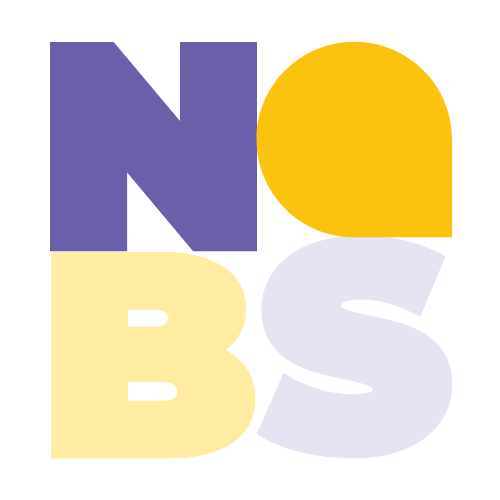Explanation of the topic vocabulary
foster parents = people who have children living in their existing family for a fixed period, with the original parents’ agreement
guardians = people who are legally appointed to protect a child’s interests in the absence of parents
role models = people that children look to and respect as good examples
ground rules = basic rules governing the way people can behave in a situation
conventions = traditions or social norms that most people follow
codes of conduct = voluntary rules which people accept in a situation
bullying = when children attack and intimidate other children
truancy = when a pupil leaves school without permission (verb = to play truant from school)
delinquency = minor crime (often by young people)
abduction = the crime of taking or kidnapping people for a criminal reason
peer pressure = the pressure from people in the same group to act in a certain way
dual-income = a family where both the father and mother work
breadwinner = the person who earns all or most of the money in a family
child-minding = caring informally (not in schools) for children when parents are busy or working
after-school childcare = caring for children in a school setting, as above
viable = practical and possible to achieve
peers = people in the same group or level as yourself
bonding = the development of close emotional connections between people
patterns of behaviour = ways of acting and doing things (either positive or negative)
well-brought-up (to bring up children = to raise and educate them in your own moral, behavioural or religious conventions)
guardians = people who are legally appointed to protect a child’s interests in the absence of parents
role models = people that children look to and respect as good examples
ground rules = basic rules governing the way people can behave in a situation
conventions = traditions or social norms that most people follow
codes of conduct = voluntary rules which people accept in a situation
bullying = when children attack and intimidate other children
truancy = when a pupil leaves school without permission (verb = to play truant from school)
delinquency = minor crime (often by young people)
abduction = the crime of taking or kidnapping people for a criminal reason
peer pressure = the pressure from people in the same group to act in a certain way
dual-income = a family where both the father and mother work
breadwinner = the person who earns all or most of the money in a family
child-minding = caring informally (not in schools) for children when parents are busy or working
after-school childcare = caring for children in a school setting, as above
viable = practical and possible to achieve
peers = people in the same group or level as yourself
bonding = the development of close emotional connections between people
patterns of behaviour = ways of acting and doing things (either positive or negative)
well-brought-up (to bring up children = to raise and educate them in your own moral, behavioural or religious conventions)
© All Right Reserved. My company Inc.
e-mail us: hello@company.cc
